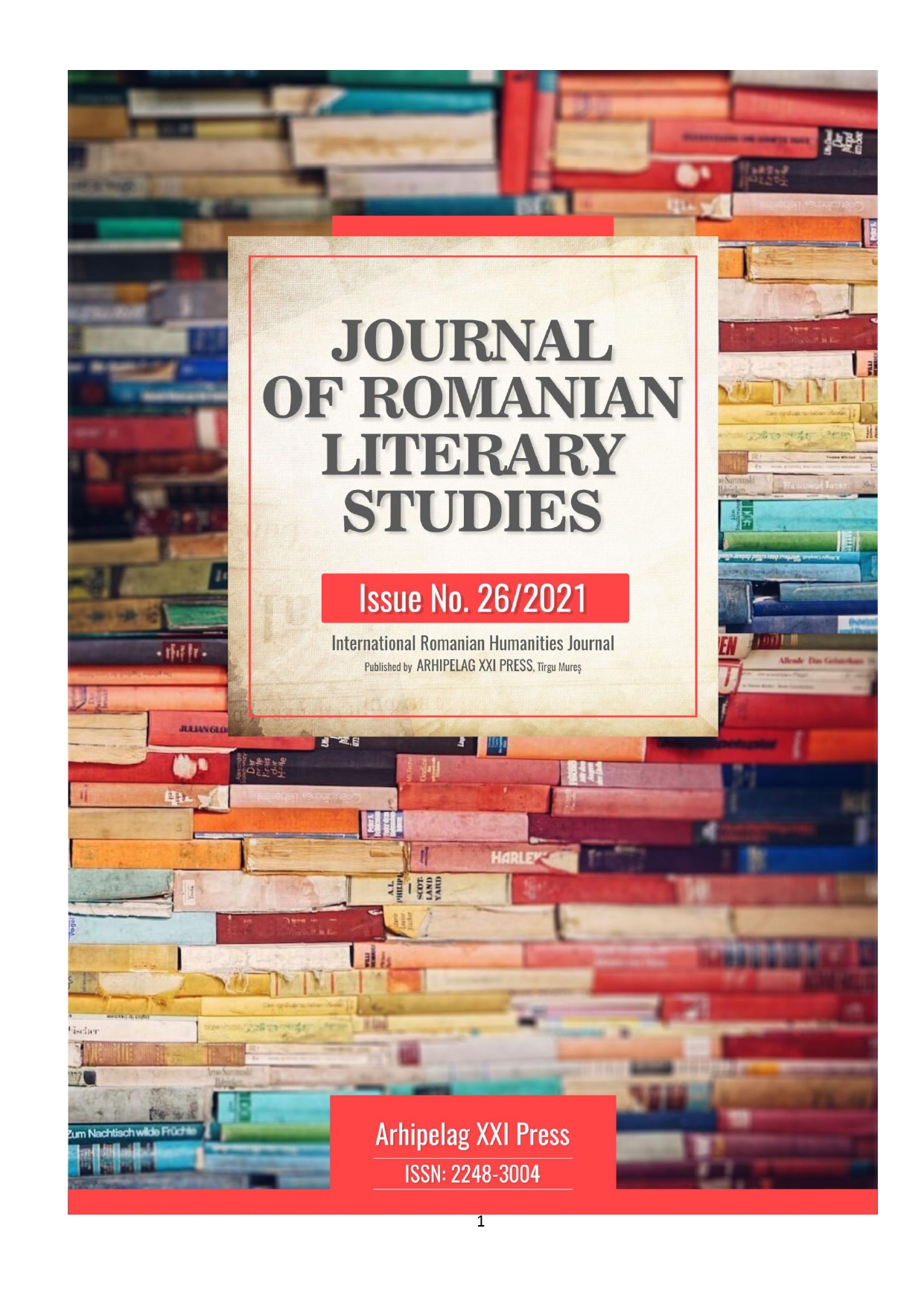THE ARCHETYPE IN THE FANTASTIC PROSE OF VASILE VOICULESCU
THE ARCHETYPE IN THE FANTASTIC PROSE OF VASILE VOICULESCU
Author(s): Anca Daniela MANU (LOVIN)Subject(s): Fiction, Romanian Literature, Philology, Theory of Literature
Published by: Editura Arhipelag XXI
Keywords: archetype; collective unconsciousness; story; fantastic;
Summary/Abstract: The article aims to highlight the way that concepts such as the archetype and the collective unconsciousness, promoted by the founder of analytical psychology, C.G. Jung, are present in the fantastic stories of Vasile Voiculescu. In the fantastic prose of Vasile Voiculescu, there is an important theme represented by the aspiration of knowing the primordial, archaic, complete man, certain characters acquiring this capacity of wholeness, of bringing into consciousness the four parts of the self that Jung was talking about. Usually, only two parts can be brought to the upper side of consciousness, the other two remaining occulted in the depths of the spirit. The fourth function is difficult and dangerous to bring to the upper side of consciousness and it is complementary to the dominant one. This function is activated in the chosen ones, such as the solomons, the witches, in stories like in The last Berevoi, In the midst of wolves, Fisherman Amen, in times of crisis, when society needs to restore its balance, or in those who have suffered accidents, such as Father Sofonie in the story Schimnicul. The link between consciousness and unconsciousness is possible only by finding a way of communication and this fact is possible through the processes that generate symbols: the dream and the artistic creation, activities carried out with a low degree of censorship of the consciousness and which open the way of knowing a complete man.
Journal: Journal of Romanian Literary Studies
- Issue Year: 2021
- Issue No: 26
- Page Range: 532-539
- Page Count: 8
- Language: Romanian

